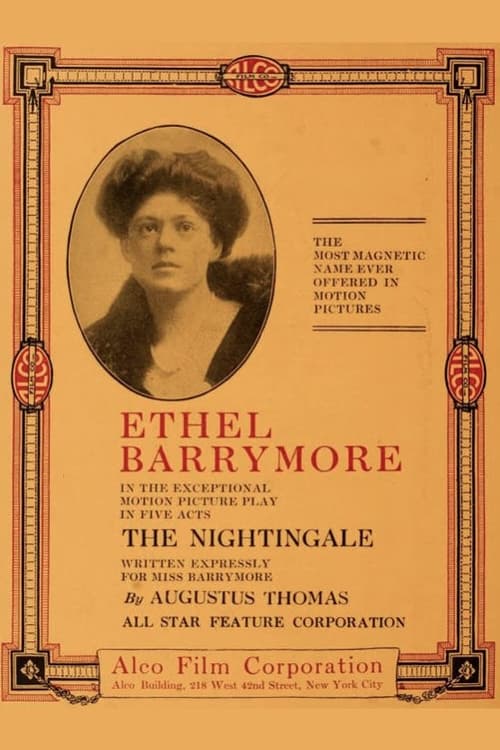
Ethel Barrymore
Ethel Barrymore was the second of three children seemingly destined for the actor's life of their parents Maurice and Georgiana. Maurice Barrymore had emigrated from England in 1875, and after graduating from Cambridge in law had shocked his family by becoming an actor. Georgiana Drew of Philadelphia acted in her parents' stage company. The two met and married as members of Augustin Daly's company in New York. They both acted with some of the great stage personalities of the mid Victorian theater of America and England. The Barrymore children were born and grew up in Philadelphia. Though older brother Lionel Barrymore began acting early with his mother's relatives in the Drew theater company, Ethel, after a traditional girl's schooling, planned on becoming a concert pianist. The lure of the stage was perhaps congenital, however. She made her debut as a stage actress during the New York City season of 1894. Her youthful stage presence was at once a pleasure, a strikingly pretty and winsome face and large dark eyes that seemed to look out from her very soul. Her natural talent and distinctive voice only reinforced the physical presence of someone destined to command any role set before her. After the opportunity to appear on the London stage with English great Henry Irving in "The Bells" (1897) and later in "Peter the Great" (1898), she returned to New York to star in the Clyde Fitch play "Captain Jinks of the Horse Marines" (1901) (produced by her friend and benefactor Charles Frohman), which brought her initial American acclaim. Lead roles, such as Nora in Henrik Ibsen's "A Doll's House" (1905) and starring in "Alice By the Fire" (also 1905), "Mid-Channel" (1910) and "Trelawney of the Wells" (1911) proved her popularity as a warm and charismatic star of American stage. In the meantime she married stockbroker Russell Griswold Colt in 1909 and gave birth to three children while continuing her acting career. Although the stage was her first love, she did heed the call of the silver screen, and though not achieving the matinée idol image that younger brother John Barrymore garnered in silent movies after similar chemistry on stage, she won over audiences from her first film appearance in The Nightingale (1914). However, her early film roles, steady through 1919, took a back seat to continued stage triumphs: "Declassee" (1919), her impassioned Juliet in "Romeo and Juliet" (1922), "The Second Mrs. Tanqueray" (1924) and, especially, "The Constant Wife" (1926). She harnessed her considerable talents in the role of an activist as well, being a bedrock supporter of the Actors Equity Association and, in fact, had been a prominent figure in the actors strike of 1919. By 1930 she was entering middle age and her movie roles reflected this. Except for Rasputin and the Empress (1932) with her brothers, the roles were elderly mothers and grandmothers, dowager ladies and spinster aunts. Perhaps wisely she put off Hollywood for over a decade, with stage work that included her most endearing role in "The Corn is Green" (a tour that lasted from 1940 to 1942). She finally moved to Southern California in 1940. When she passed away in 1959, she was interred near her brothers at Calvary Cemetery in East Los Angeles.
- Known ForActing
- Born12 August 1879 (age 146)
- Place of BirthPhiladelphia, Pennsylvania, USA
Ethel Barrymore

- Known ForActing
- Born12 August 1879 (age 146)
- Place of BirthPhiladelphia, Pennsylvania, USA

That's Entertainment!
1974

Johnny Trouble
1957
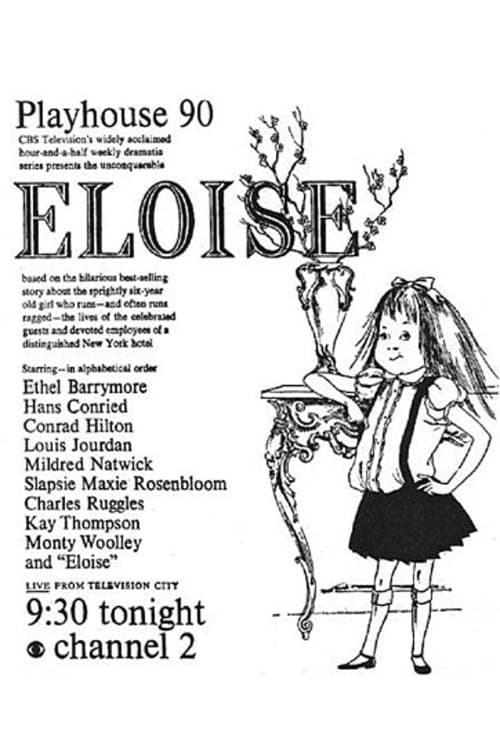
Eloise
1956
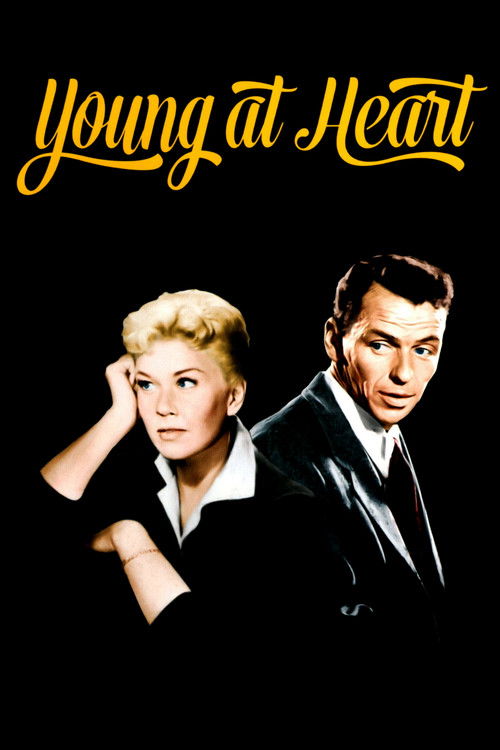
Young at Heart
1954

The Story of Three Loves
1953
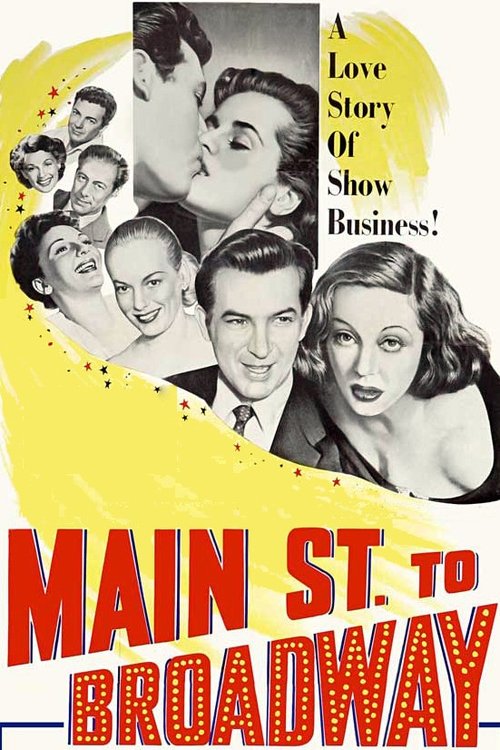
Main Street to Broadway
1953

Deadline - U.S.A.
1952
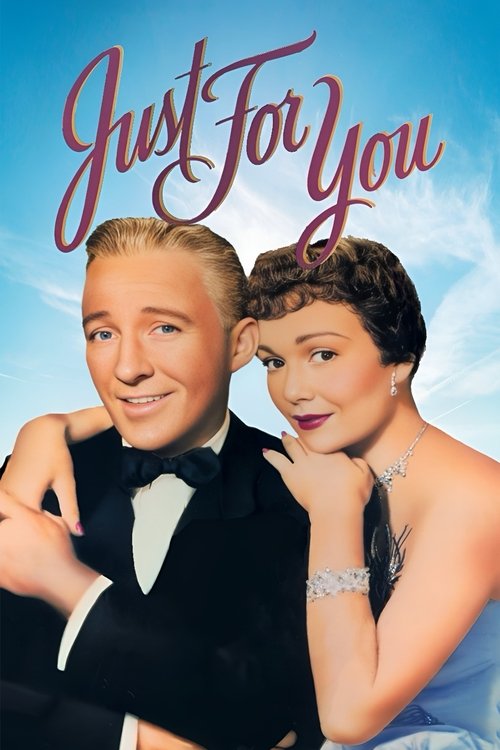
Just for You
1952
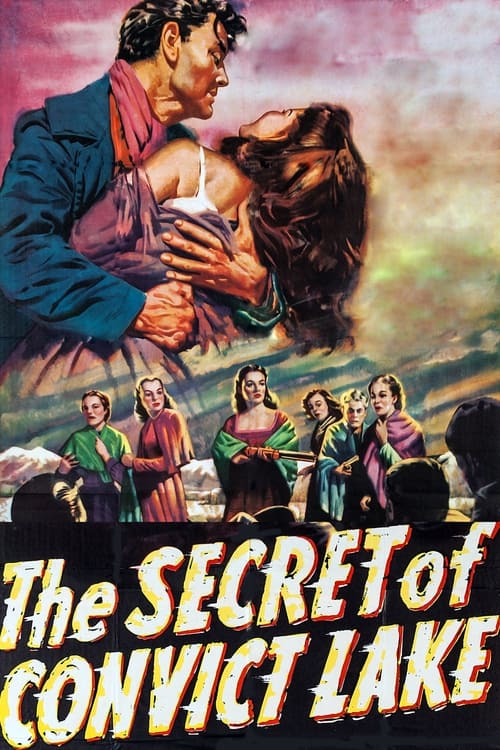
The Secret of Convict Lake
1951

It's a Big Country
1951
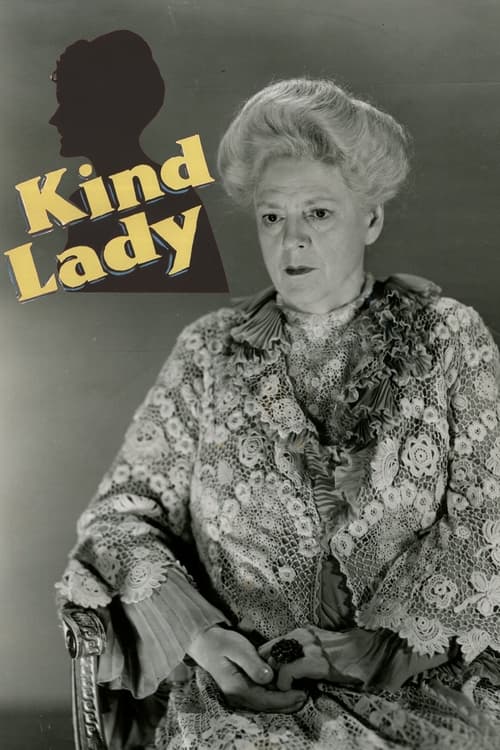
Kind Lady
1951

Daphni: Virgin of the Golden Laurels
1951
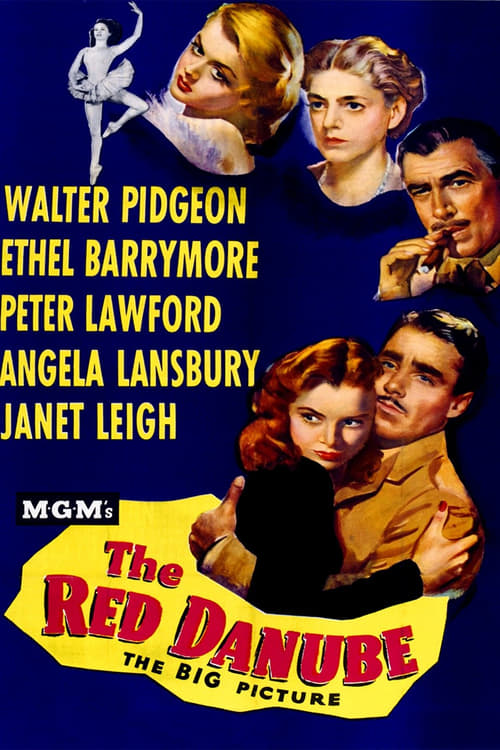
The Red Danube
1949

Pinky
1949
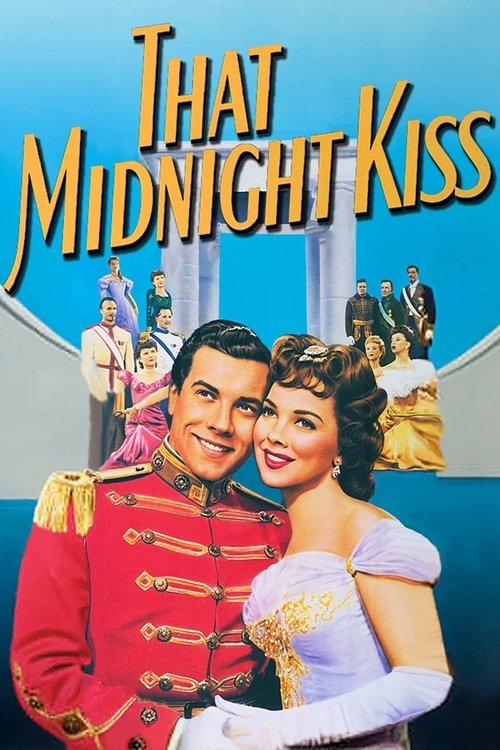
That Midnight Kiss
1949
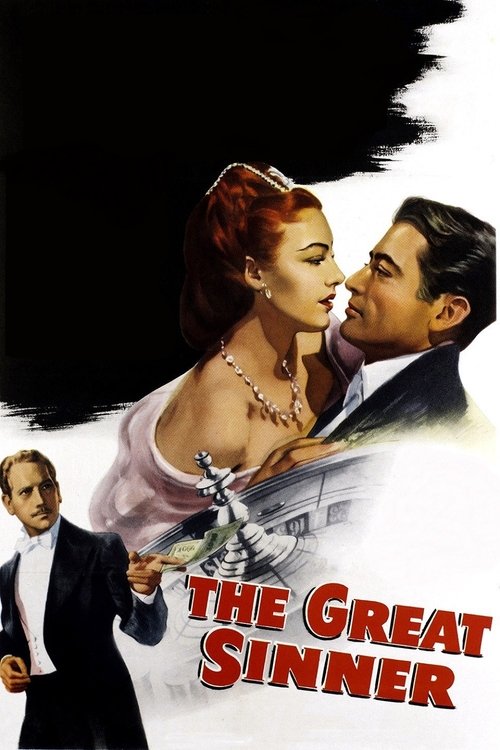
The Great Sinner
1949
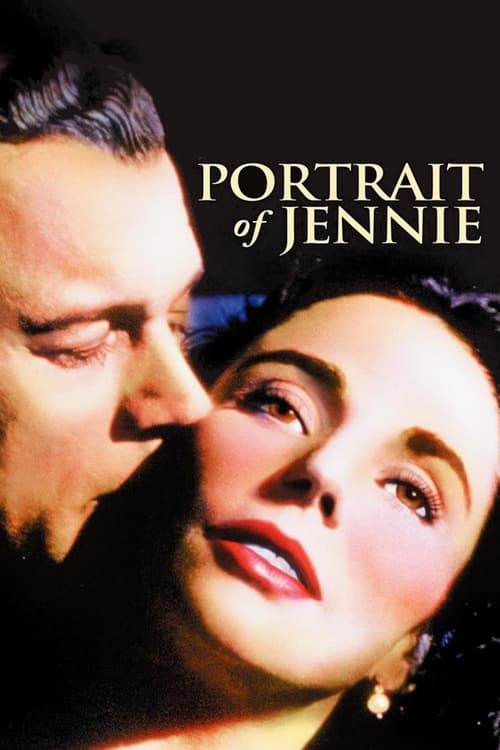
Portrait of Jennie
1948
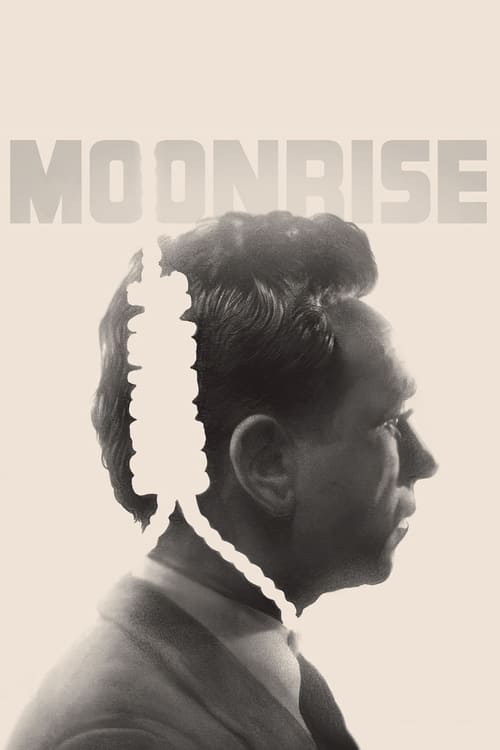
Moonrise
1948

Night Song
1948
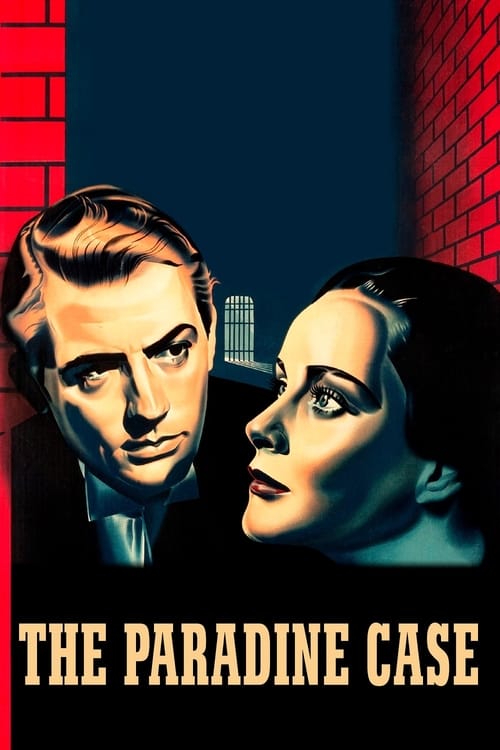
The Paradine Case
1947

The Farmer's Daughter
1947
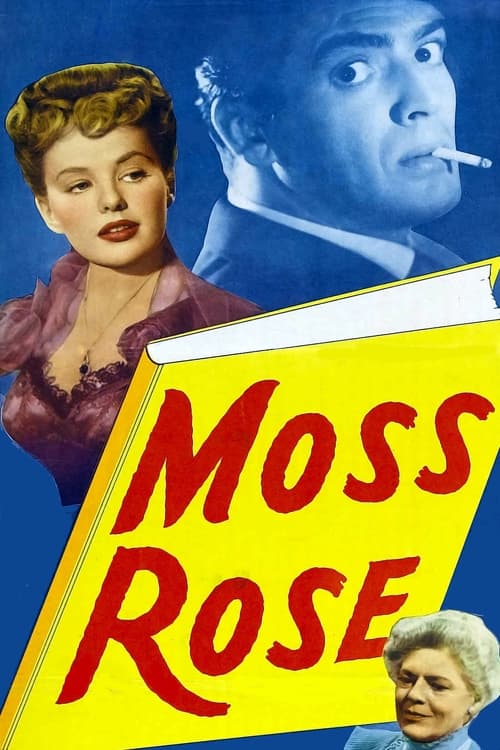
Moss Rose
1947
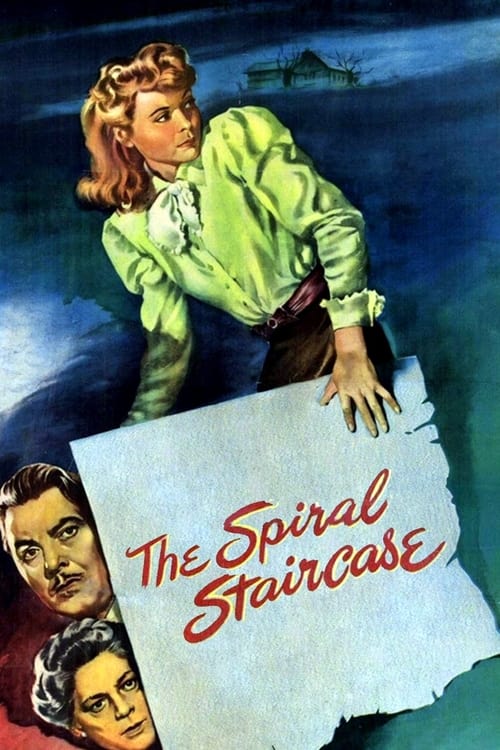
The Spiral Staircase
1946

None But the Lonely Heart
1944

Show-Business at War
1943
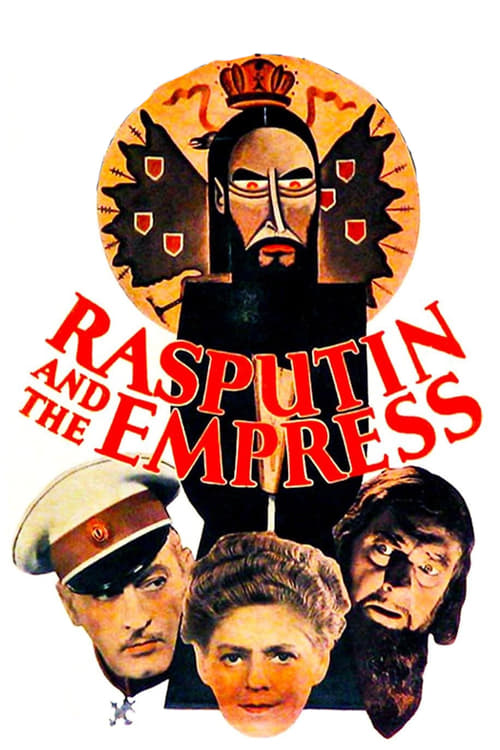
Rasputin and the Empress
1932
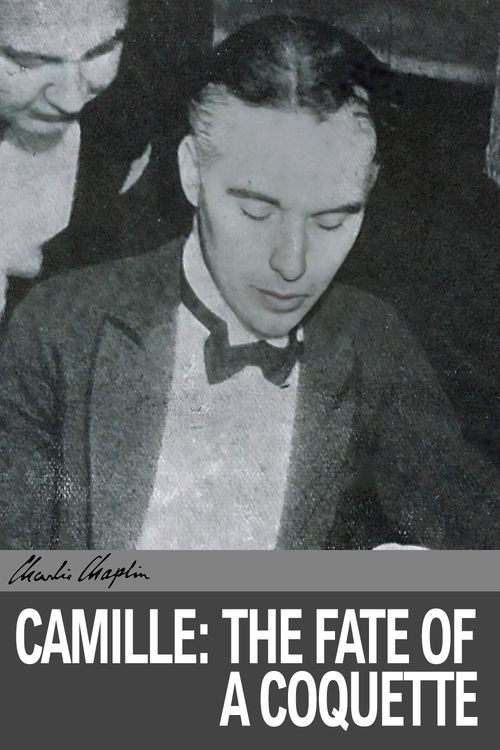
Camille: The Fate of a Coquette
1926
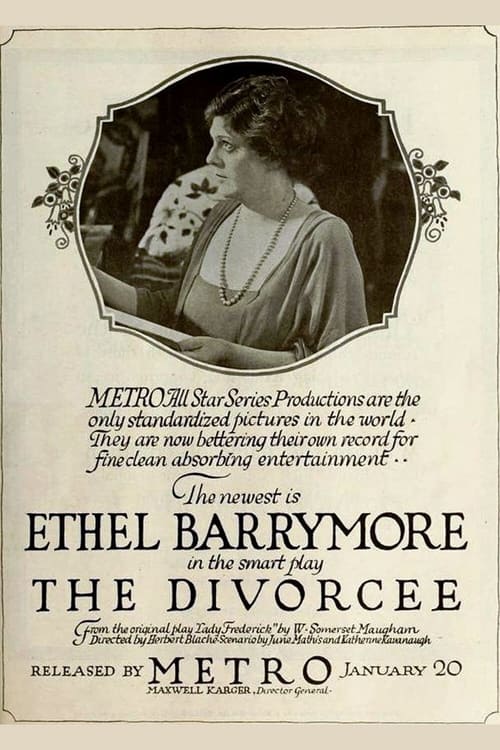
The Divorcee
1919
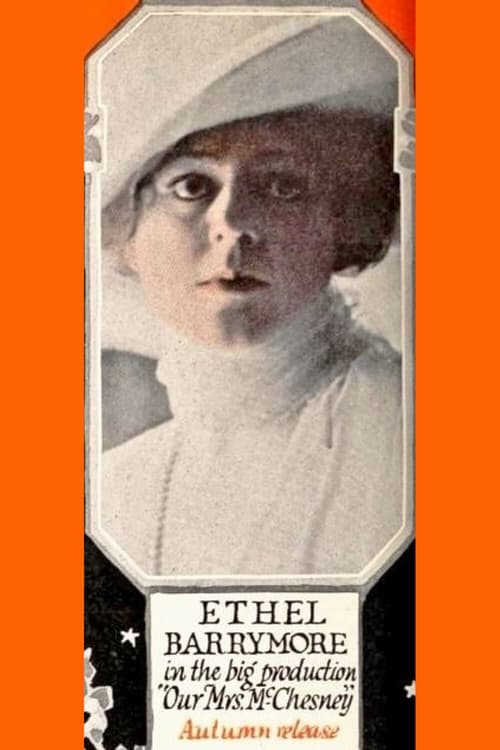
Our Mrs. McChesney
1918

The White Raven
1917
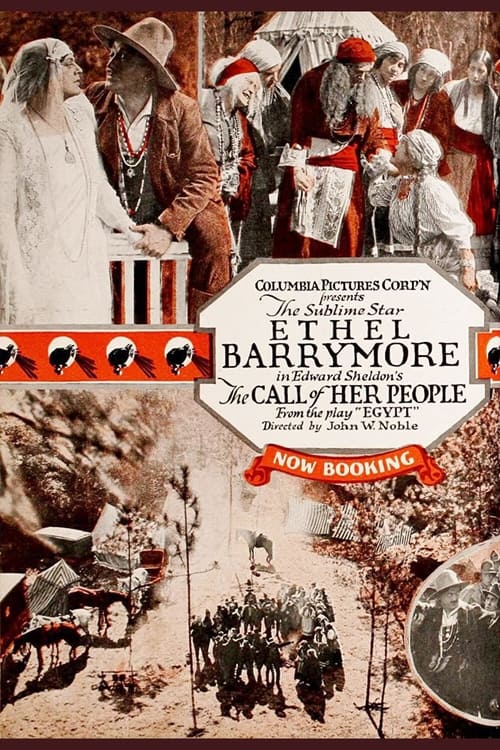
The Call of Her People
1917
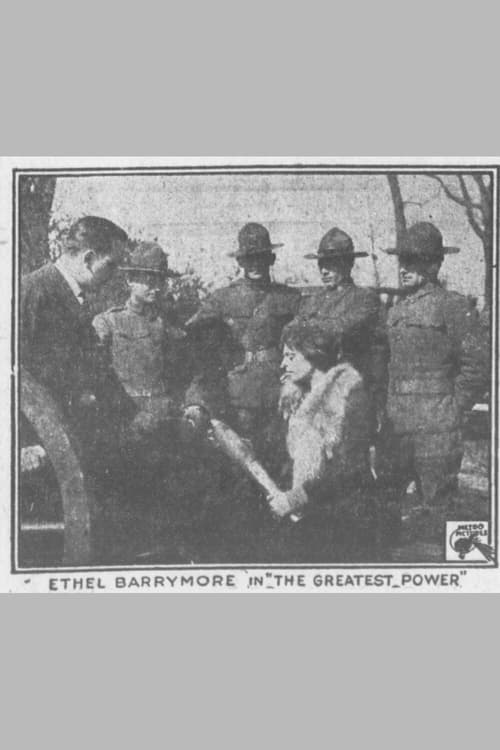
The Greatest Power
1917
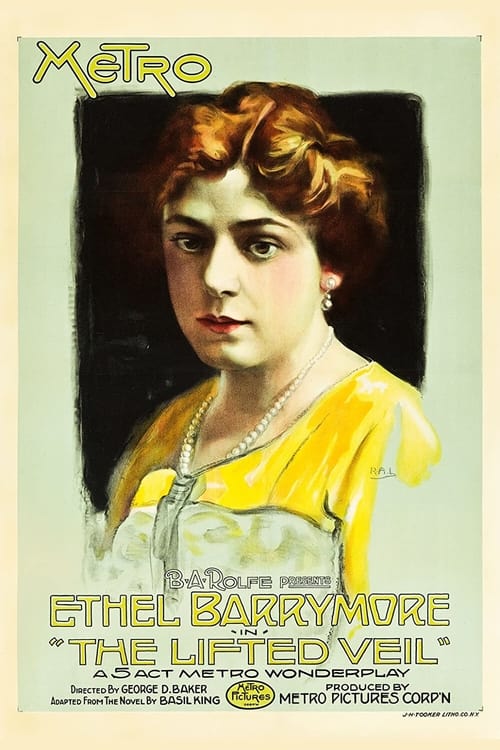
The Lifted Veil
1917

The Eternal Mother
1917
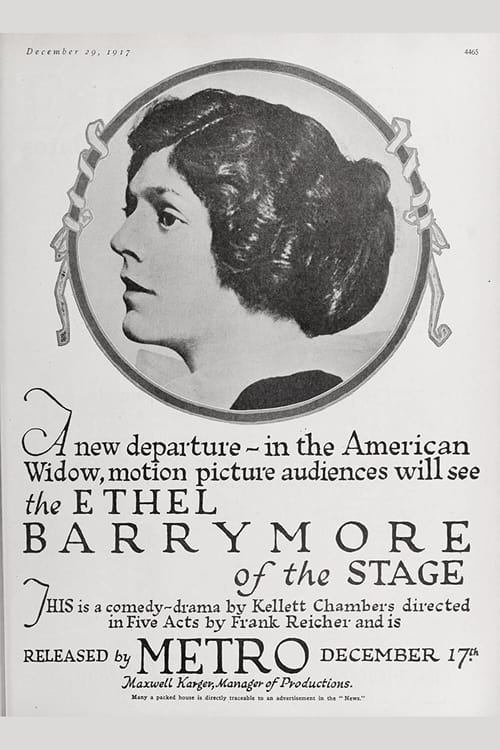
An American Widow
1917
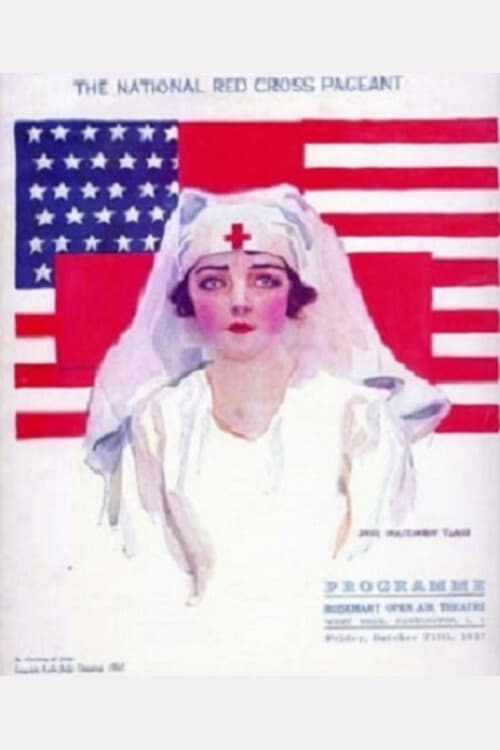
National Red Cross Pageant
1917
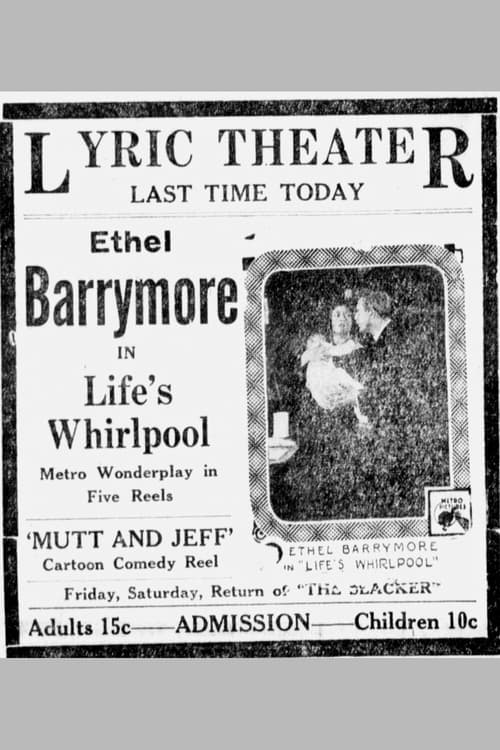
Life's Whirlpool
1917
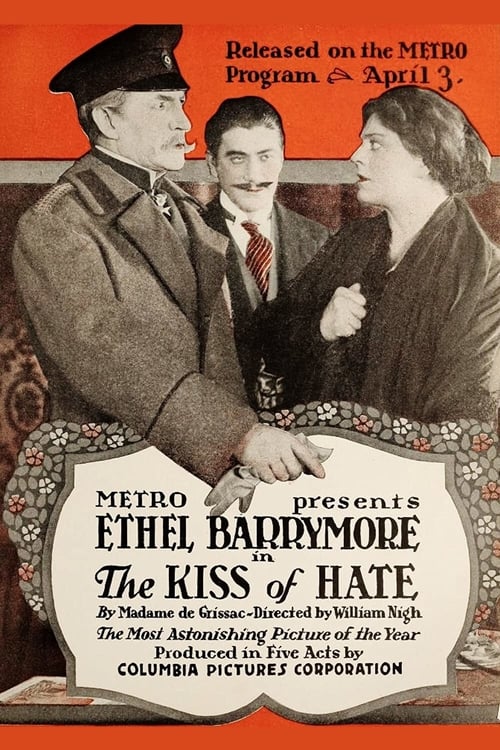
The Kiss of Hate
1916
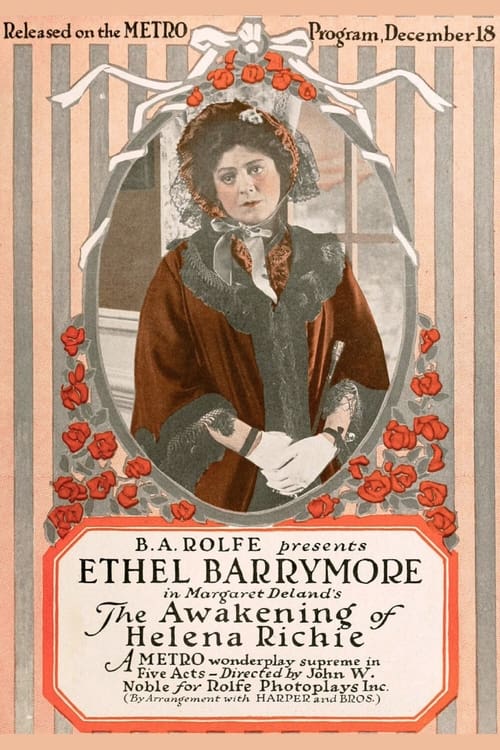
The Awakening of Helena Ritchie
1916
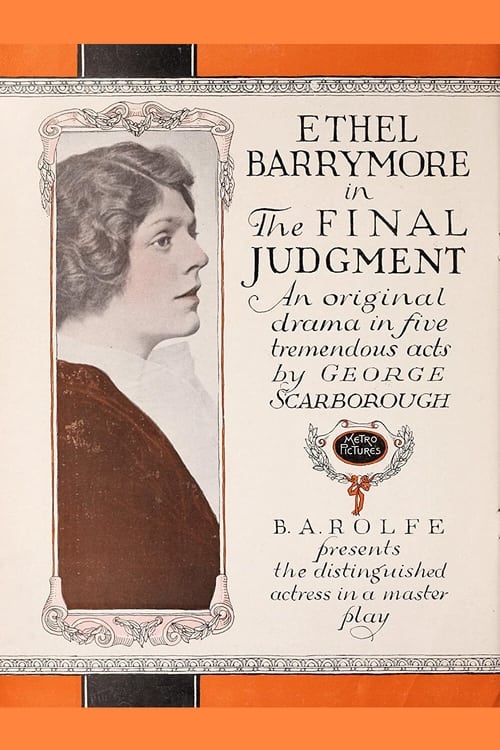
The Final Judgment
1915
